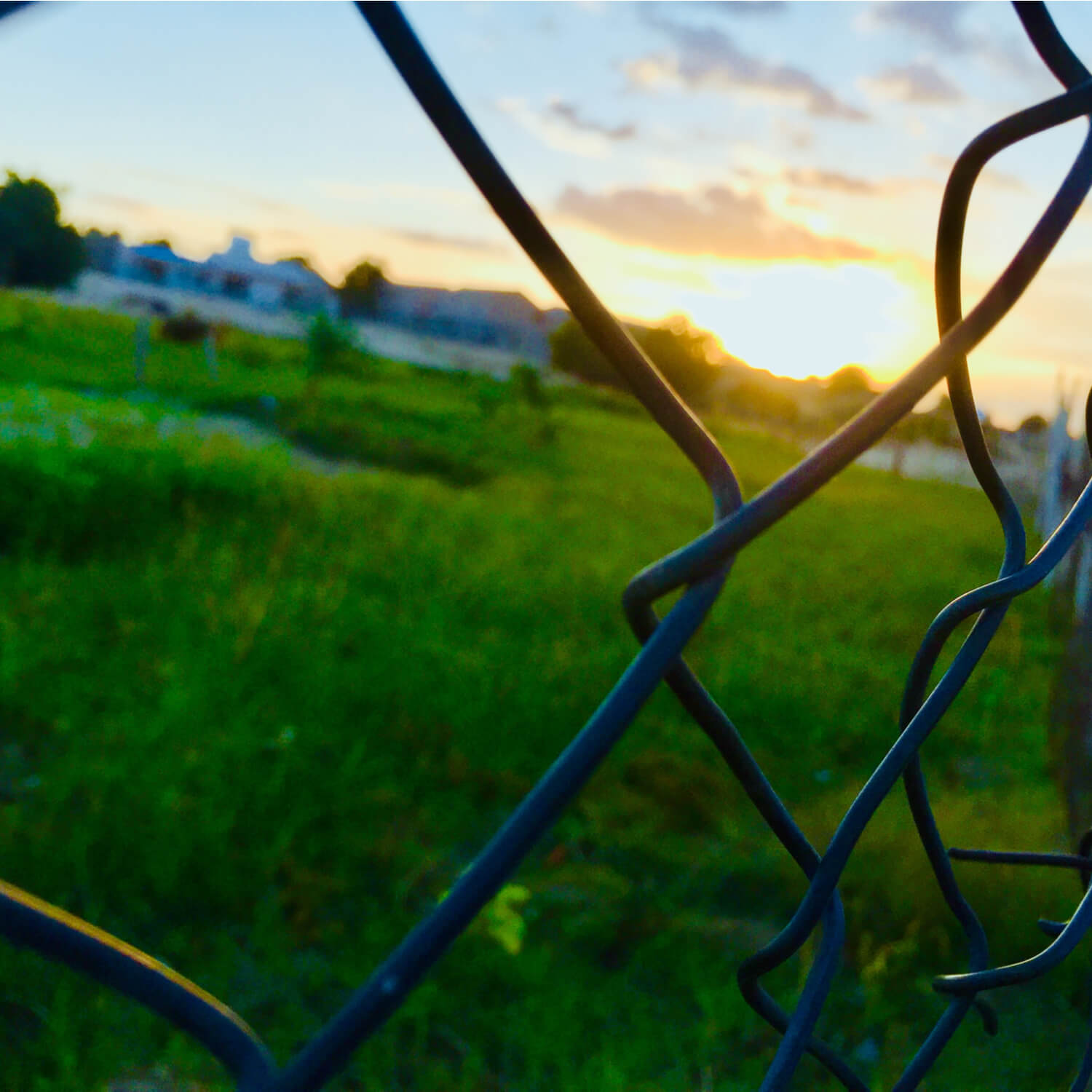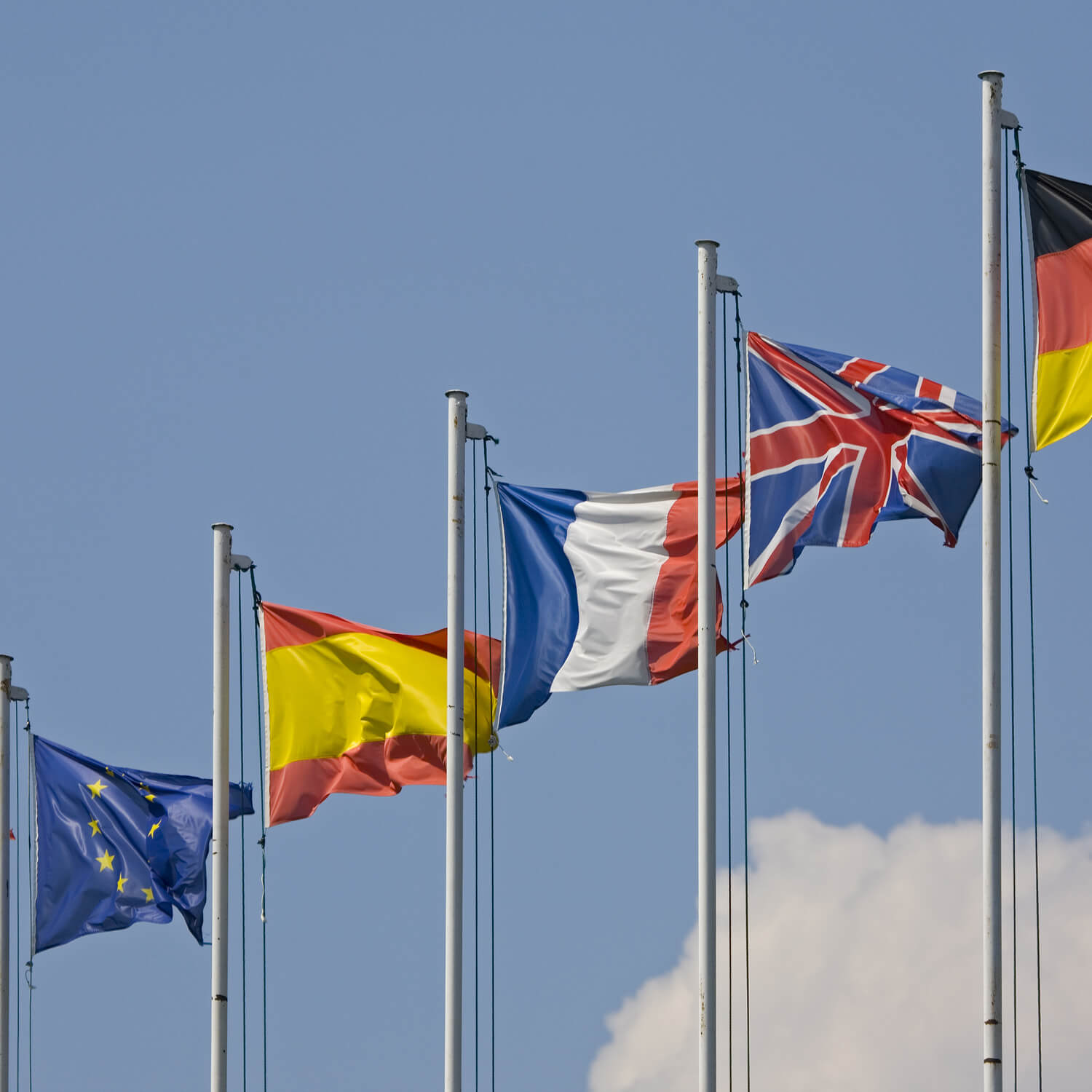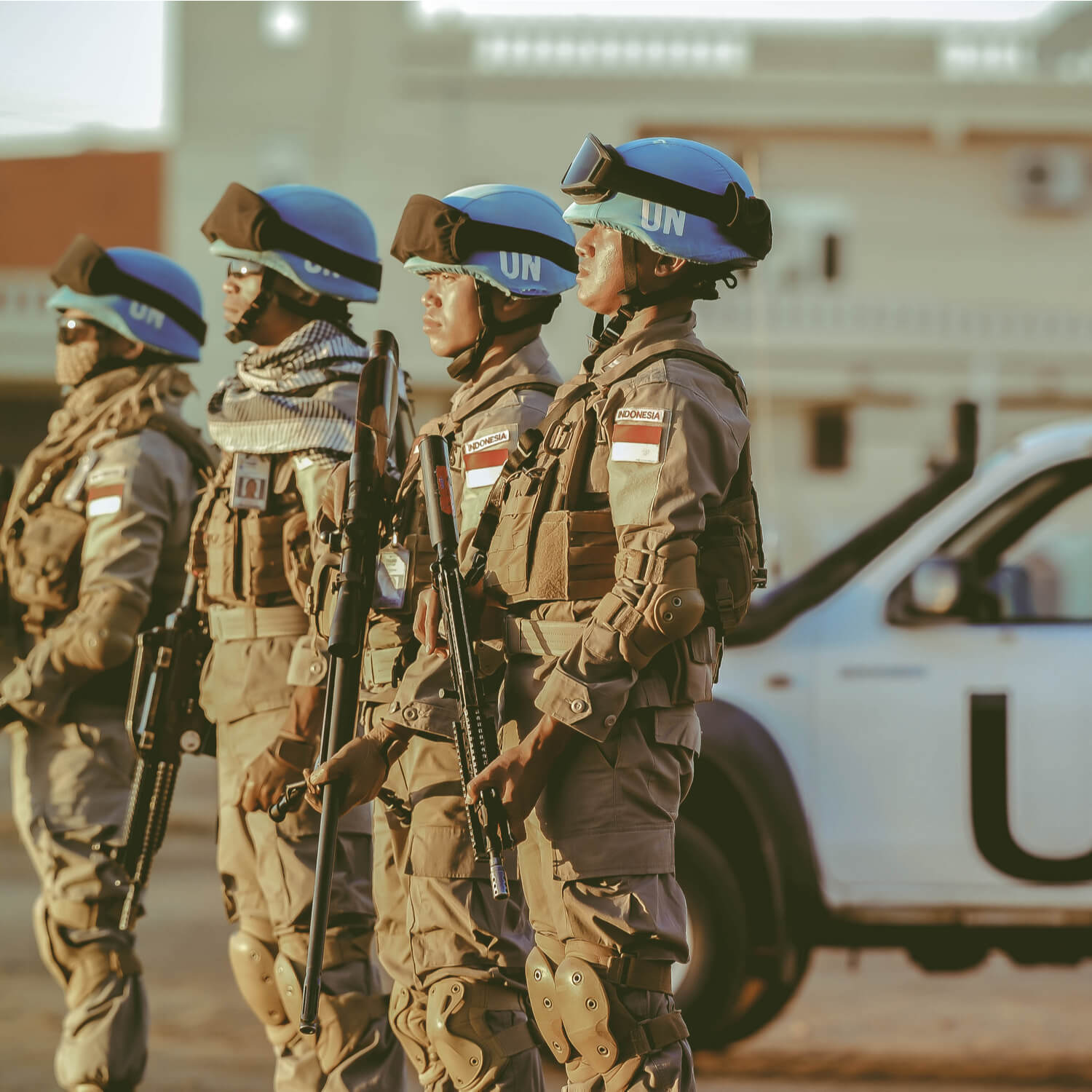Discover On Geopolitics
On Geopolitics

On Geopolitics
Author: Centre for Geopolitics
Subscribed: 122Played: 1,068Subscribe
Share
© Copyright 2025 Centre for Geopolitics
Description
On Geopolitics enters a new chapter with the introduction of two new hosts: Professors William Hurst and John Nilsson-Wright. John hosts “Currents”, engaging guests from diverse sectors including government, academia, media, science, and business, to explore topical global issues and events. Meanwhile Bill hosts “Explorations”, which will present a series of in-depth discussions and analyses of big ideas and enduring themes - the first of these being on “War".
Our original hosts, Suzanne Raine and Professor Ali Ansari make periodic guest reappearances in the future, maintaining what has been the mission of the podcast, to inform our understanding and analysis of contemporary geopolitical issues with lessons and perspectives from history.
Our original hosts, Suzanne Raine and Professor Ali Ansari make periodic guest reappearances in the future, maintaining what has been the mission of the podcast, to inform our understanding and analysis of contemporary geopolitical issues with lessons and perspectives from history.
79 Episodes
Reverse
Resistance, Radicalisation and Religion, Episode 5.Suzanne Raine speaks with Dr Nayanka Paquete Perdigao about the Islamist extremist movements in Mozambique, West Africa and the Sahel.
Philipp Hirsch asks John Kampfner, author of the best-selling 2020 book “Why the Germans do it better”, about his observations on where Germany stands after Angela Merkel’s time as chancellor and what sort of choice the country faces in the September election.
Philipp Hirsch and Ulrike Franke from the European Council on Foreign Relations talk about current debates on German security policy in Berlin as well as on the role of defence questions in the September election.Recorded 7th June, 2021.
Philipp Hirsch and Nicolai von Ondarza from the German Institute for International and Security Affairs discuss the role and importance of Europe for German politics as well as German perspectives on Brexit.Germany and the World, Episode 3.
Philipp Hirsch talks with Tony Barber, European Affairs Commentator at the Financial Times, about European and British views on German politics and what expectations there might be outside of Berlin about Merkel’s successor.
Philipp Hirsch and John F. Jungclaussen, historian and former London correspondent of the German newspaper Die Zeit, discuss Angela Merkel’s 16 year-long tenure as German chancellor, her possible successors as well as the main themes shaping this September’s election in Germany.
Our first Explorations series takes a deeper dive into the subject of war. In this introductory episode, we begin by tracing the history of war as a concept, from ancient poetry, tragedy, and philosophy through to contemporary international relations theories. In doing so, we set the stage for some of the arguments and ideas that will be explored in greater depth across episodes to come.
Thomas Peak speaks with Alex Bellamy and Stephen McLoughlin about their new book Rethinking Humanitarian Intervention and the role of history in studying military intervention and the responsibility to protect.
Thomas Peak speaks with Alice Wairimu Nderitu about the nature of atrocity prevention in the modern world.
Thomas Peak speaks with Luke Glanville, associate professor at Australian National University, on his new book Sharing Responsibility, the History and Future of Protection from Atrocities.
Former British Army officer Lieutenant General Doug Chalmers — who served as Deputy Chief of the Defence Staff (Military Strategy & Operations) from 2018 to 2021, and is the current Master of Emmanuel College, Cambridge — joins Professor William Hurst to discuss the importance of having local and regional political understandings whilst carrying out military campaigns. They also explore how actors in war should understand their own positionalities, and reflect on how their own biases and relationships impact their knowledge and judgements.
John Nilsson-Wright talks to Professor Chungin Moon of Yonsei University about the foreign policy of South Korea’s President Lee Jae-myung, and how Seoul is handling its ties with both Tokyo and Washington. The discussion explores tensions between South Korea and the US over tariffs, growing uncertainty regarding the US commitment to the security of the Korean peninsula, how best to manage relations with North Korea, and the increasingly cooperative partnership with Japan in the midst of a new leadership election for the presidency of Japan’s governing Liberal Democratic Party (LDP).This podcast is part of a larger Centre for Geopolitics project, Alliances in Alignment, supported by the Korea Foundation, examining the future of trilateral cooperation between the US, South Korea and Japan.
John Nilsson-Wright talks to Steve Herman — until recently Voice of America’s Chief National Correspondent — about the Trump administration’s relationship with private and public media organisations in the United States. They consider the threats to democratic freedoms in the US, the role of public broadcasting domestically and as part of US foreign policy during the Cold War as well as today, and also the question of what individual citizens can do to protect their civil liberties at a critical juncture in American history.
John Nilsson-Wright and Suzanne Raine talk to Nobukatsu Kanehara, former assistant chief cabinet secretary to late Prime Minister Shinzo Abe (from 2012-2019) and one of Japan’s leading strategic thinkers. The conversation covers Japan’s diplomatic options in handling security and economic relations with the United States, regional security in the Middle East, the domestic political circumstances faced by the Liberal Democratic Government of Prime Minister Shigeru Ishiba, Japan’s regional diplomacy in dealing with China and North Korea, nuclear deterrence, alliance policy, and also relations with the new government of President Lee Jae-myung in the Republic of Korea.This podcast is part of a larger Centre for Geopolitics project, Alliances in Alignment, supported by the Korea Foundation, examining the future of trilateral cooperation between the US, South Korea and Japan.
Hugo Bromley speaks with James Crabtree, the incoming executive director of the International Institute for Strategic Studies Asia, about the role of financial services in supporting the ‘tilt to the Indo-Pacific’ outlined in the UK's recent Integrated Review.
Hugo Bromley speaks with Matthew Klein, author and economics commentator at Barron’s, about how domestic inequality, facilitated by financial markets, drives trade conflicts with geopolitical implications.
Hugo Bromley speaks with former CFTC Chairman Christopher Giancarlo about the geopolitical impact of central bank digital currency, and the need for the US to embrace a digital dollar.
Professor William Hurst and Lieutenant General Doug Chalmers, former British Army officer who served as Deputy Chief of the Defence Staff (Military Strategy & Operations) from 2018 to 2021, and current Master of Emmanuel College, Cambridge explore different concepts of war and how different types of actors initiate and prosecute conflict.
Ali Ansari updates us on the state of negotiations on the JCPOA, and we discuss Iran's relationship with Russia.---The hosts:Suzanne Raine is an Affiliate Lecturer at the Centre for Geopolitics at Cambridge University. She served for 24 years in the British Foreign and Commonwealth Office on foreign policy and national security issues, including postings in Poland, Iraq and Pakistan. She specialised in counter-terrorism and was a senior member of the UK government assessment community. She is also a member of the Board of Trustees of the Imperial War Museum and the Royal United Services Institute (RUSI).Ali Ansari is professor of Iranian History and Founding Director of the Institute for Iranian Studies at the University of St Andrews in the UK. He is also Senior Associate Fellow at the Royal United Services Institute.
Suzanne and Ali explore this short but significant border.---The hosts:Suzanne Raine is an Affiliate Lecturer at the Centre for Geopolitics at Cambridge University. She served for 24 years in the British Foreign and Commonwealth Office on foreign policy and national security issues, including postings in Poland, Iraq and Pakistan. She specialised in counter-terrorism and was a senior member of the UK government assessment community. She is also a member of the Board of Trustees of the Imperial War Museum and the Royal United Services Institute (RUSI).Ali Ansari is Professor of Iranian History and Founding Director of the Institute for Iranian Studies at the University of St Andrews in the UK. He is also Senior Associate Fellow at the Royal United Services Institute.



















